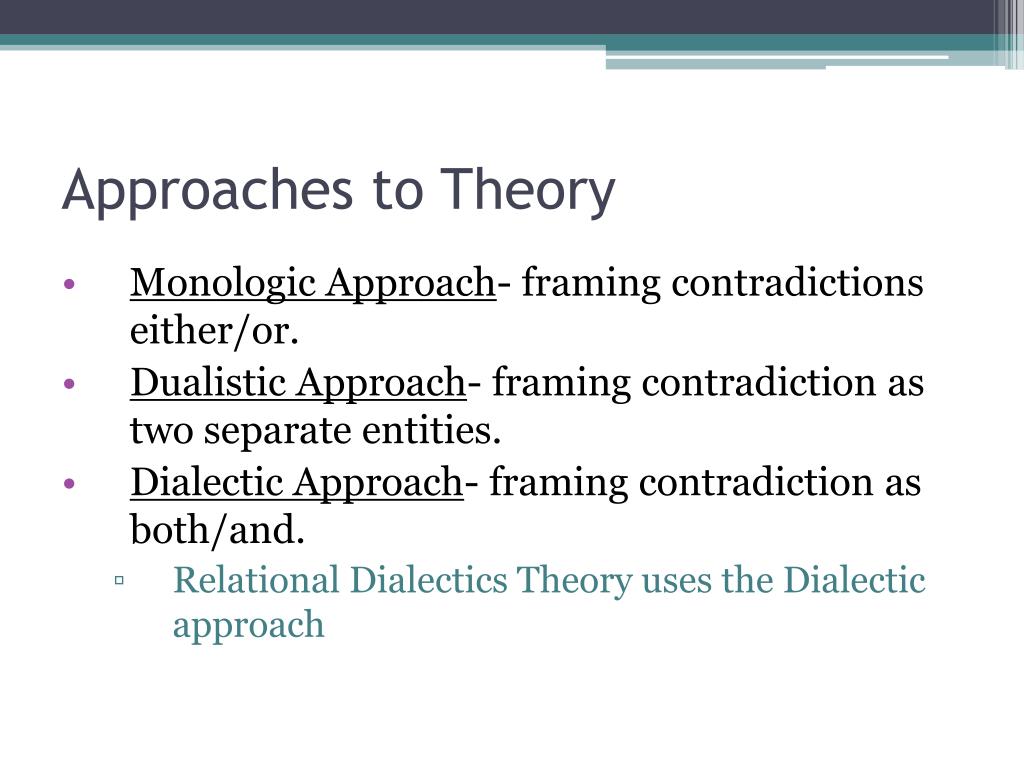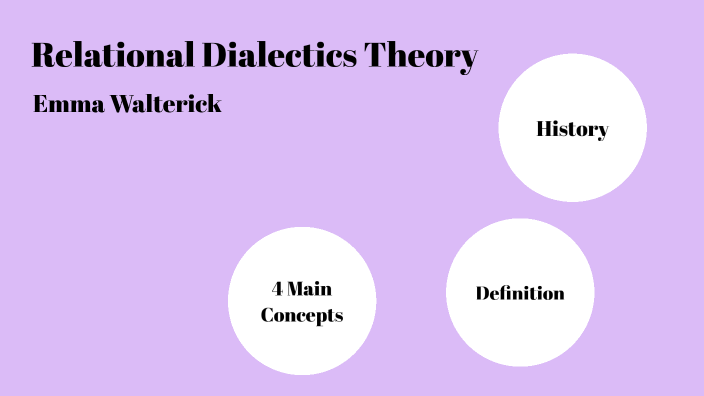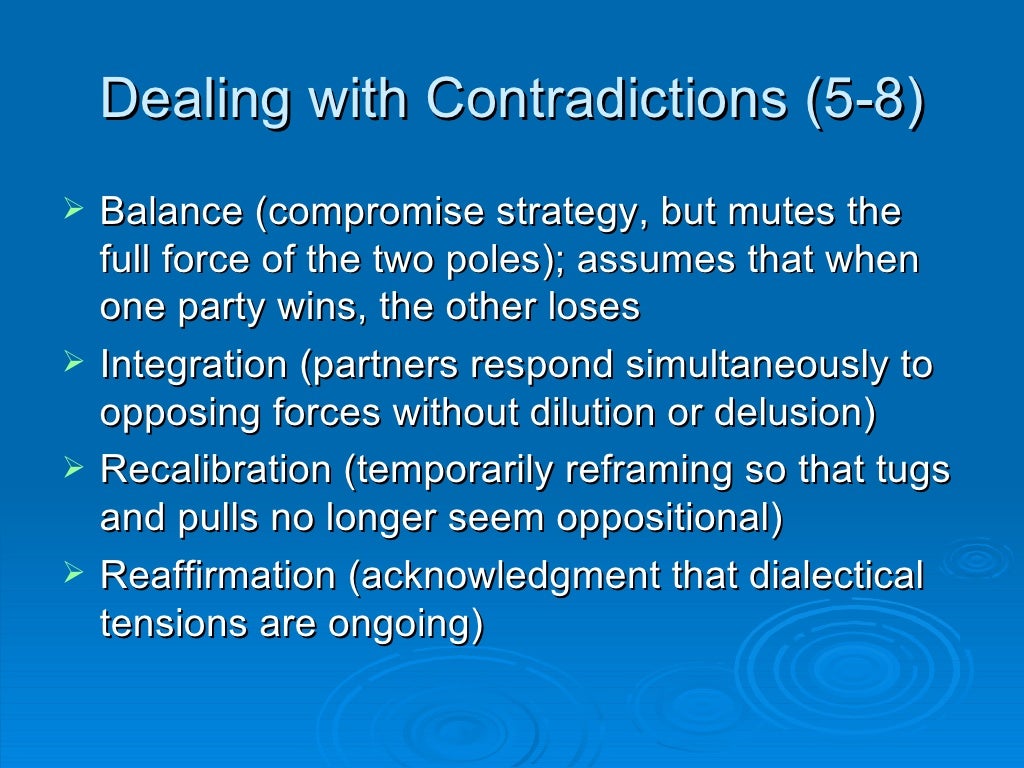


A relationship comprises two (or more) variables in your identity. While there are many approaches to this question, a helpful perspective comes from Leslie Baxter particularly because her explanation involves the role of communication in disclosing the unavoidable experience of conflict.Įssentially, Baxter discusses how the use of verbal communication is our means to handle the constant contradictions that occur in a given relationship. What is the cause of such striking together? Once we recognize the ubiquitous certainty of conflict and that it is natural, inevitable, potentially constructive, and contextual, we can begin the adventure of understanding its nature. If you want to explore more about the invitation conflict offers and how we ought to respond, you can do so here: The Invitation of Conflict - To never be the same - conflict could be the very answer we are looking for.medium You do, however, have control of what you will do with the difficulty and how you will respond to the conflict.Ĭonflict itself has no moral value. You have very little control of that likelihood. Your experience of the world is going to be hard. The second implication is that conflict is not necessarily negative. If you have any kind of contact with another being, there will be conflict. The first implication is that conflict is natural and inevitable. When multiple elements of the world come in contact, friction and tension results.

Conflict is a disagreement that results from the perception of incompatible goals or uncertain relational trajectory.Ĭonflict comes from the Latin phrase ‘con-fligere’ which literally means “to strike with” or “to strike together”.


 0 kommentar(er)
0 kommentar(er)
